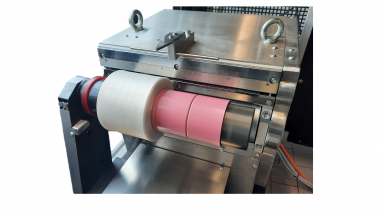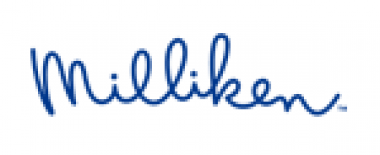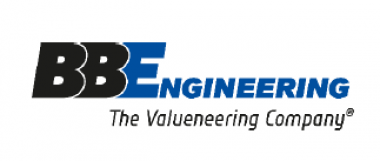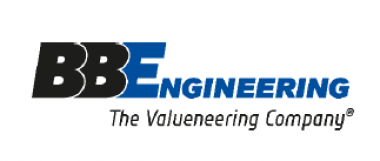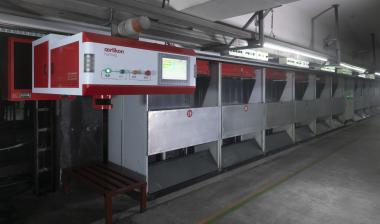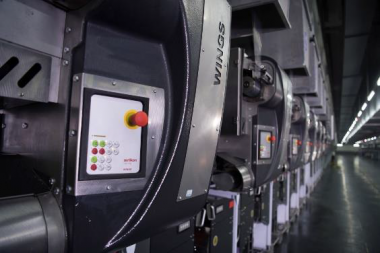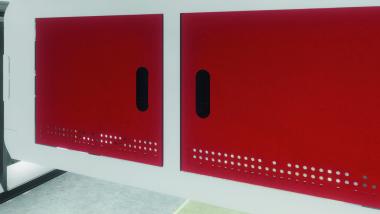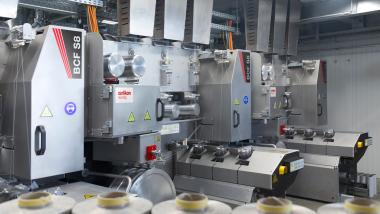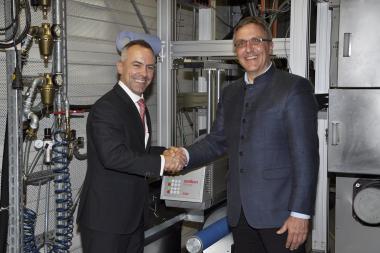ITA: Unique Winder for Elastic Filament Yarn Development
Since March 1st 2024, the technical centre of Institut für Textiltechnik of RWTH Aachen University (ITA) has been equipped with an additional winder.
This globally unique winder has been manufactured by Comoli Fermo S.r.l, Paruzzaro, Italy, and enables the development of elastic yarns for numerous and innovative areas of application. Monofilament and multifilament yarns can be spun within a speed range of 100 to 3,200 m/min on bobbins with an industrial standard size of 73.6 mm x 83.8 mm x 115.5 mm.
The use of these bobbins enables immediate further processing along the textile process chain, for example in production of elastic combination yarns or knitting. Due to the high flexibility of this winder in combination with the available spinning plants at ITA, testing is possible with material amounts starting from a few hundred grams up to hundreds of kilograms.
ITA – Institut für Textiltechnik of RWTH Aachen University


